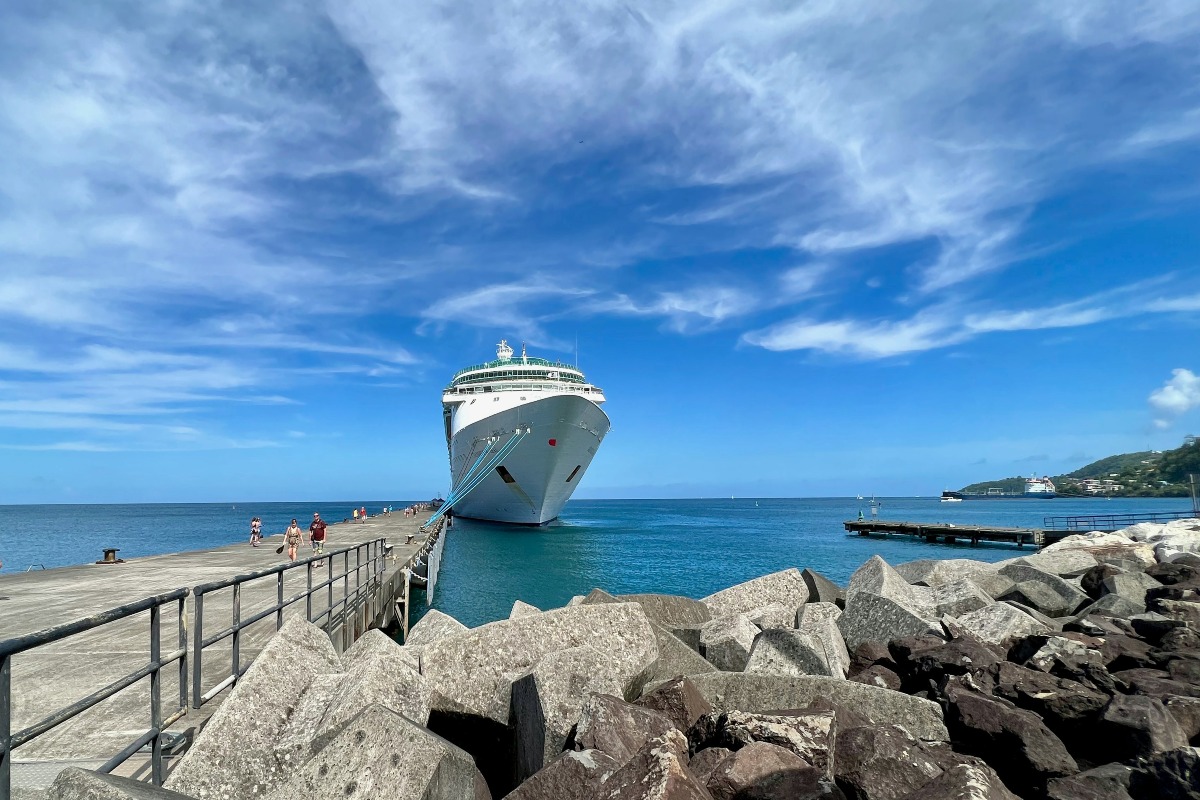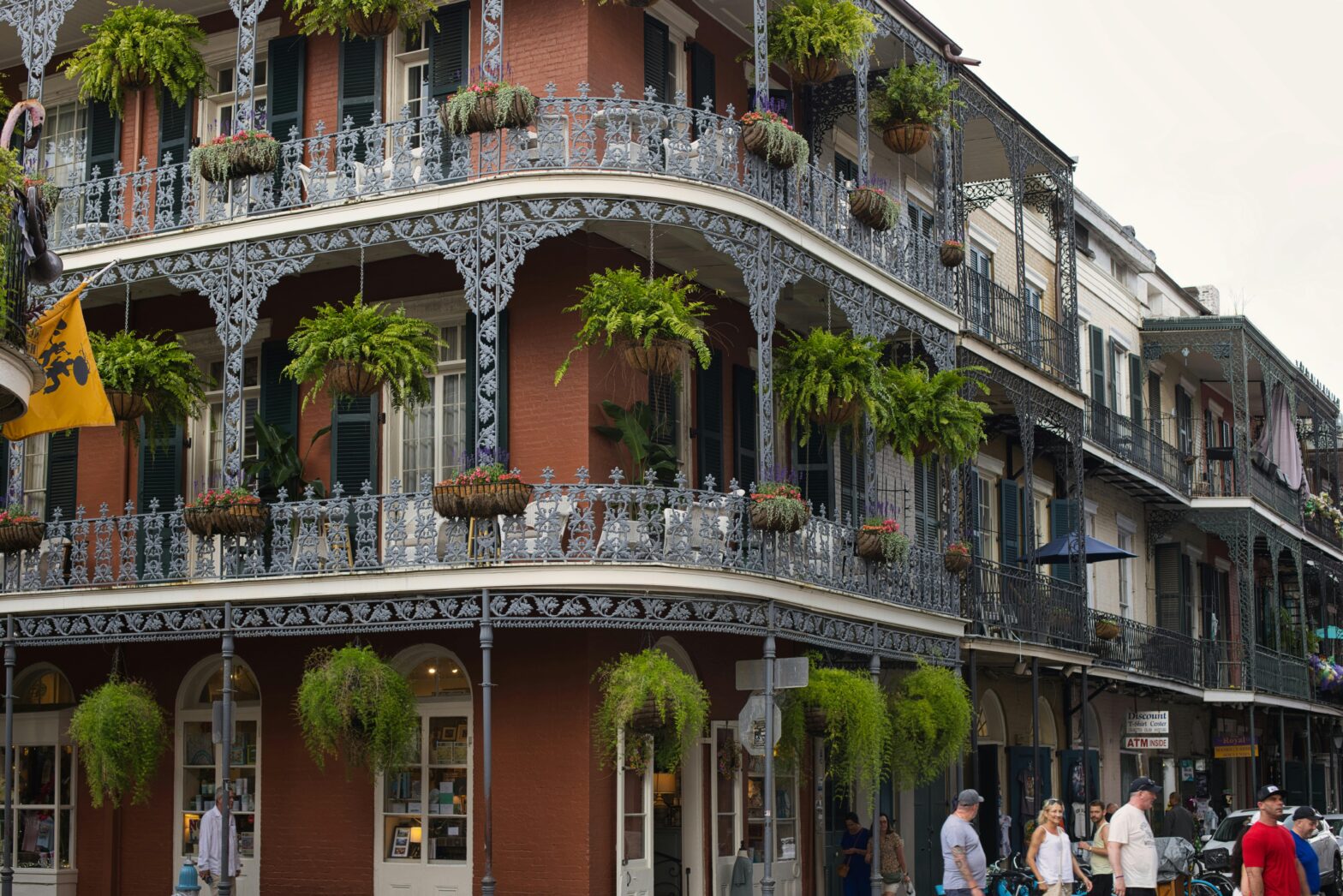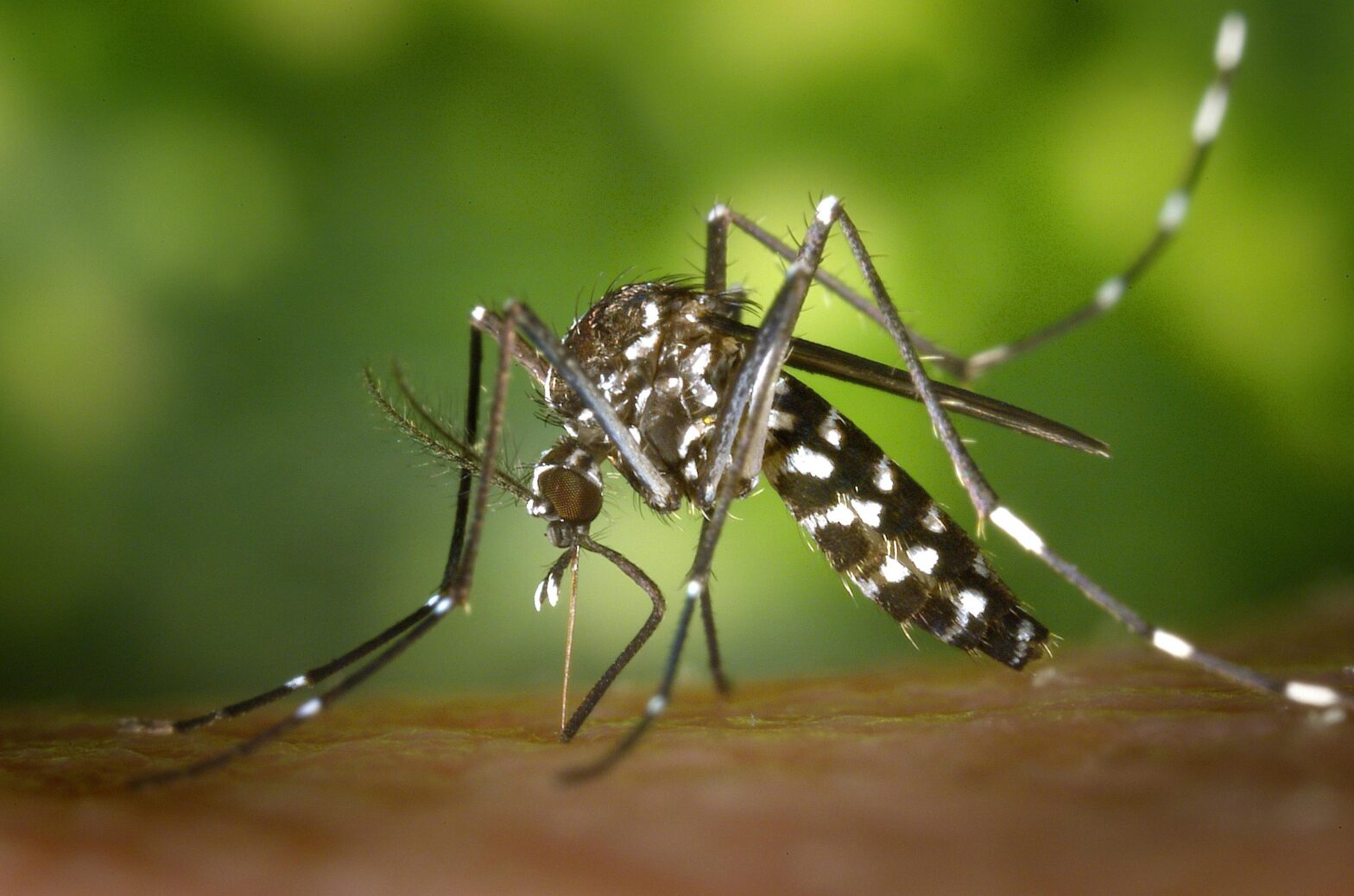Royal Caribbean International, one of the world’s largest cruise lines, has been hit with a substantial fine by the U.S. Environmental Protection Agency (EPA). The company faces a penalty of nearly $475,000 for alleged violations related to waste reporting and management practices.
The EPA’s action stems from an inspection conducted in Galveston, Texas, where officials observed waste being offloaded from eight Royal Caribbean ships at Pier 10. This initial discovery led to a broader investigation, revealing a pattern of alleged non-compliance spanning from July 2019 to July 2024.
Allegations Of Non-Compliance
According to the EPA, Royal Caribbean failed on multiple fronts to adhere to the Resource Conservation and Recovery Act (RCRA), a comprehensive federal law governing the disposal of solid and hazardous waste. The agency’s findings paint a picture of systemic issues in the company’s waste management protocols. These include failure to revise RCRA 3010 notifications, inaccurate filing of biennial reports, and inadequate record-keeping of hazardous waste determinations.
Furthermore, there were issues of non-compliance with land disposal restrictions for incinerator ash and failure to meet obligations as a large quantity generator of hazardous waste. These violations suggest a breakdown in Royal Caribbean’s waste management system, potentially posing environmental and public health risks.
Royal Caribbean’s Response
In response to the allegations, Royal Caribbean Group, the parent company of Royal Caribbean International, emphasized that the issues primarily involve documentation errors rather than direct environmental impact. A spokesperson for the company stated to USA Today, “Royal Caribbean Group has a long-standing commitment to sustainability and environmental stewardship. We remain committed to maintaining environmental and waste management best-in-class practices that go above and beyond legal requirements.”
The EPA acknowledged the company’s cooperation during the settlement process. This suggests a willingness to address the identified shortcomings. As part of the agreement with the EPA, Royal Caribbean has to implement several corrective measures. These include maintaining proper records of waste offloaded from its ships. The company must also accurately document the quantity of hazardous waste removed from ships in domestic ports. They must also ensure appropriate waste separation in compliance with RCRA regulations.
In addition, Royal Caribbean must update Standard Operating Procedures (SOPs) and submit them for review by EPA Region 6. The settlement also includes stipulated penalties to ensure timely compliance, with a 180-day deadline for fulfilling these requirements.





